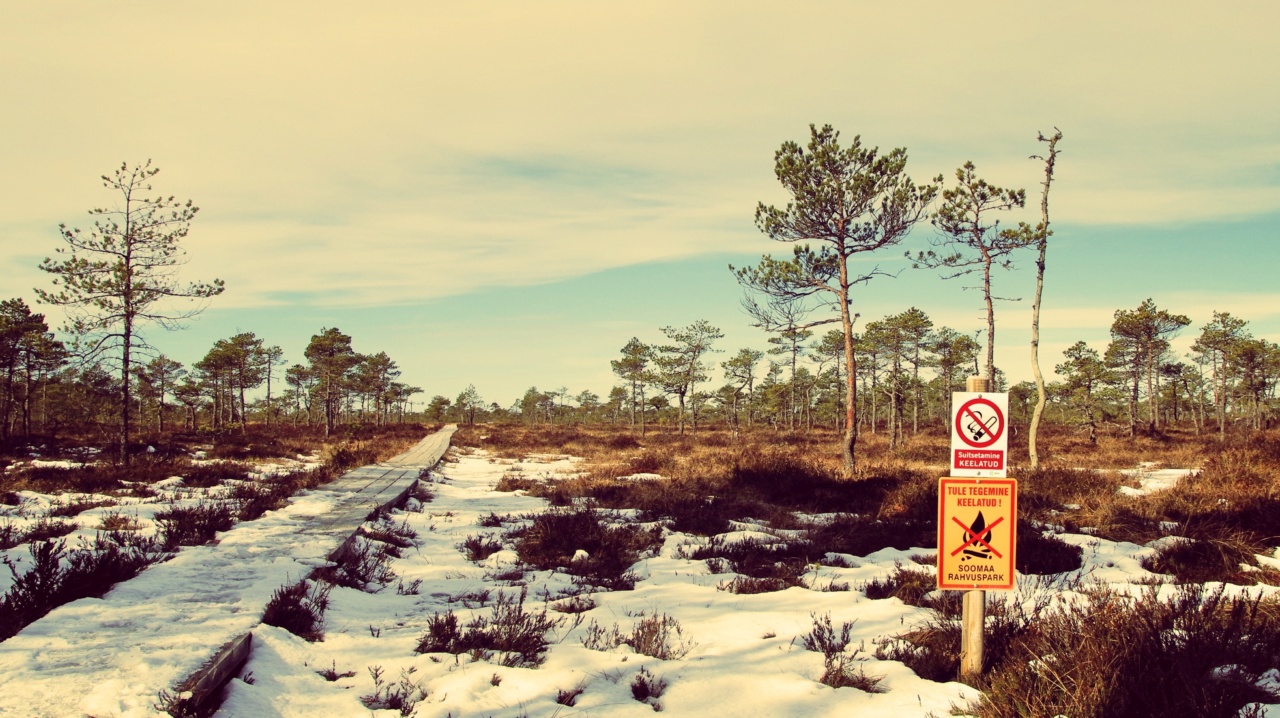Winter can be a beautiful season, with snowflakes falling gently from the sky and cozy fires crackling in the hearth. However, it also brings with it its fair share of challenges, especially when it comes to our health.
One of the most common winter afflictions is pneumonia, a respiratory infection that can be life-threatening if not diagnosed and treated promptly. With the cold weather seemingly exacerbating the condition, it’s crucial to understand the signs and symptoms of pneumonia to seek medical attention when needed.
In this article, we will dive deep into identifying the signs of pneumonia to help you stay healthy and informed during the winter season.
What is Pneumonia?
Pneumonia refers to an infection that inflames the air sacs in one or both lungs. These air sacs, known as alveoli, can fill up with fluid or pus, making it difficult for oxygen to reach the bloodstream.
Pneumonia can be caused by various factors, such as bacteria, viruses, or fungi, and individuals of all ages can suffer from it. However, certain groups, including the elderly, young children, and those with weakened immune systems, are particularly susceptible to pneumonia.
Recognizing the Symptoms
Pneumonia can manifest differently in each individual, but there are some common symptoms to watch out for. By being aware of these signs, you can catch the infection early and seek appropriate medical care. Here are ten key signs of pneumonia:.
1. Persistent Cough
A persistent cough is one of the earliest symptoms of pneumonia. It may start as a dry cough but can eventually produce phlegm or mucus.
If you notice that your cough is not improving or worsening over time, it’s essential to monitor it closely and seek medical advice if necessary.
2. Fever
Fever, often accompanied by chills or sweating, is another common symptom of pneumonia. The body’s natural response to infection, fever helps fight off the invading bacteria, viruses, or fungi.
If your fever persists for more than a few days or is accompanied by other pneumonia symptoms, it’s crucial to consult a healthcare professional.
3. Shortness of Breath
Shortness of breath is a hallmark symptom of pneumonia. As the infection affects the lungs and reduces their ability to oxygenate the blood, individuals with pneumonia may experience difficulty breathing or a feeling of breathlessness.
If you find it hard to catch your breath, especially while at rest, consult a healthcare provider immediately.
4. Chest Pain
One of the most distinguishing symptoms of pneumonia is chest pain. The infection causes inflammation in the lung tissue, which can lead to discomfort or sharp pain in the chest.
Chest pain associated with pneumonia is often exacerbated by deep breathing, coughing, or sneezing, and can range from mild to severe.
5. Fatigue
Pneumonia can cause extreme fatigue and weakness. The infection puts a significant strain on the body’s energy levels as the immune system works hard to fight off the invading pathogens.
Feeling excessively tired, even after sufficient rest, can be a sign that your body is battling pneumonia.
6. Rapid Breathing and Heart Rate
If you notice that your breathing rate has increased significantly or your heart is beating faster than usual, it could be a sign of pneumonia.
As the lungs struggle to function optimally due to infection, the body compensates by breathing faster and increasing the heart rate to supply enough oxygen to the organs.
7. Bluish Lips or Nail Beds
In severe cases of pneumonia, where oxygen levels are critically low, a bluish tinge may appear in the lips or nail beds. This discoloration, known as cyanosis, is caused by insufficient oxygen in the bloodstream.
If you or someone you know displays this symptom, seek immediate medical attention.
8. Loss of Appetite
Pneumonia can often lead to a loss of appetite, as the body diverts energy to fighting off the infection. This loss of interest in food can result in unintentional weight loss and may slow down the recovery process.
9. Confusion (Especially in the Elderly)
In older adults, pneumonia can sometimes cause confusion or delirium. The infection can affect the brain, leading to changes in mental state.
If you notice sudden confusion, disorientation, or changes in behavior in an elderly person with respiratory symptoms, it is crucial to seek medical attention immediately.
10. Sweating and Shivering
Excessive sweating and shivering can occur as the body tries to regulate temperate during an infection. These symptoms often accompany fever and can leave individuals feeling uncomfortable and fatigued.
Conclusion
Pneumonia is a serious respiratory infection that requires timely medical intervention.
Recognizing the signs and symptoms of pneumonia can help you seek appropriate care, preventing the condition from worsening and reducing the risk of severe complications. If you experience any of the mentioned symptoms or suspect you may have pneumonia, contact a healthcare professional immediately.
Winter may bring its own set of challenges, but armed with knowledge and awareness, we can protect ourselves and our loved ones from the winter woes of pneumonia.




























